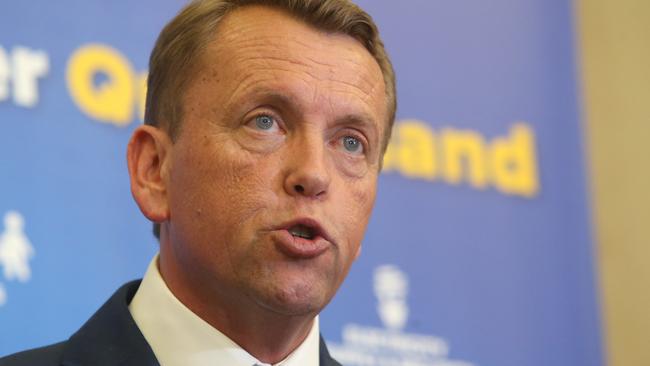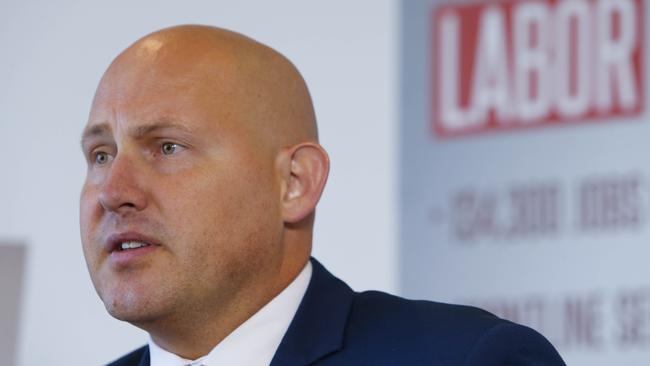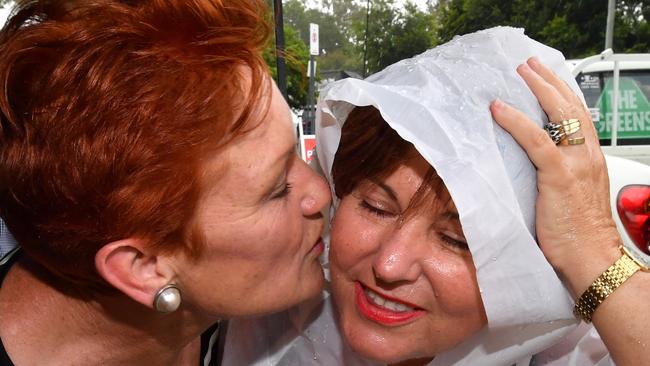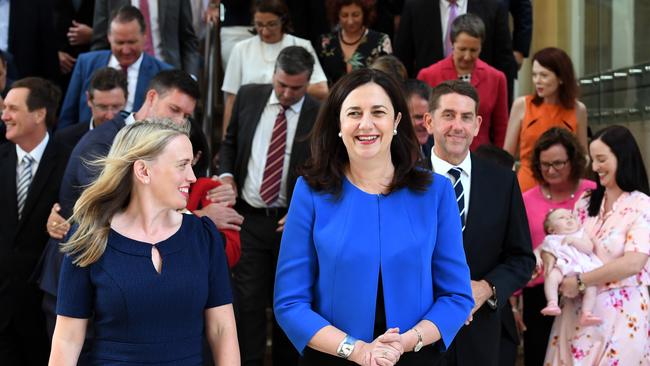Queensland election 2017: Both sides miss chance for economic reform
BOTH sides steered clear of any major economic reforms in their election campaigns and have missed opportunities for meaningful change or progress, writes Paul Syvret

QLD Election
Don't miss out on the headlines from QLD Election. Followed categories will be added to My News.
ECONOMIC management was a long way from front and centre of the Queensland election campaign, with both major parties opting for a “don’t scare the horses” strategy rather than any meaningful reforms.
Both expect the state’s gross debt to peak at about $81 billion in 2021, and both are adamant that deep spending cuts and/or asset sales will not be used for balance sheet repair, instead talking of allowing the economic cycle to run its course and “stabilising” the situation.
In this context, it is little wonder that the triennial pantomime that is the release of campaign costings – a ritual that seems to come later and later every campaign – was stage-managed by both Labor and the LNP to attract as little attention as possible.

The short version of Labor’s document is that the party will pay for its campaign promises through a combination of tax increases that don’t affect the vast majority of Queenslanders, an $800 million rejig of the balance sheets of statutory bodies such as SEQWater and the Motor Accident Insurance Commission (gearing them up in the same way that it has Government Owned Corporations), and $1 billion in public service efficiencies and “reprioritisations”.
The LNP, meanwhile, intends to book $2.5 billion by putting the Cross River Rail project on ice, cancelling a raft of programs, such as Skilling Queenslanders for Work, and clawing back another $1.6 billion via a “whole of government efficiency plan”.

Labor’s costings platform represents a missed opportunity when it comes to wider tax reform, while the LNP’s – putting aside debate over just how urgent the Cross River Rail project is – raises questions as to the impact of cuts already announced in areas such as employment initiatives and what may be coming as part of the unspecified $1.6 billion in efficiencies.
Neither package makes any real progress on balance sheet repair. And here you could argue that Labor squandered an opportunity.
If you are going to raise taxes – any taxes – you may as well make the bad headlines and potential political damage worthwhile by ensuring you are embarking on substantive reform, rather than tinkering at the edges.
The tax rises announced on Thursday, which will generate just shy of $500 million over three years, are not going to be felt by the vast majority of Queenslanders.
There is an eminently sensible wagering tax aimed at betting companies from outside Queensland, such as Lottoland, and an increase in the transfer duty that applies to foreign property investors, which takes us into line with Victoria but at a level still below that of NSW.
An additional 2 per cent duty on luxury cars costing more than $100,000 is hardly slugging the battlers, while a land tax on properties (excluding farms and principal places of residence) worth more than $10 million will affect only 850 people.
And it is here that Labor let an opportunity go begging.
In what was a two shades of grey campaign from both sides, Premier Annastacia Palaszczuk could have stolen a march on the LNP and used land tax reform as a centrepiece policy to dominate the economic management argument.
A broad-based (and low threshold) tax on unimproved land – which has a total value in Queensland of $720 million, according to the Australian Bureau of Statistics – could be used to abolish or drastically reduce regressive imposts such as payroll tax (which is a tax on jobs) and transfer duties (a tax on commerce).
It also has the advantage of capturing windfall gains made by landholders on the back of zoning changes or new infrastructure improving the value of holdings.
In short, you are taxing accumulated wealth held in land, rather than imposing distortionary levies on economic activity, while in the process generating a sizeable revenue stream that can be used to both boost investment and reduce debt.
Sadly, the political reality of the scare campaign that would be waged by vested interests would appear to preclude all but the most courageous of governments from embarking on such meaningful reform.
Originally published as Queensland election 2017: Both sides miss chance for economic reform


